Mindful practices have an overpowering effect on mystical experiences and that includes meditation. Meditation as a mystical practice has always intrigued people, as it is said to enhance mindfulness and can induce powerful mystical states.
What is Meditation?
Meditation is a practice of mind and body that has been used to increase mental and physical relaxation, enhancing psychological balance, coping with illness, and improving overall well-being.
Some other definitions are;
- An act of giving attention to only one thing: could be religious as per faith or for relaxation.
- The transformation from being self ego-centered to God-centered
Difference between Meditation and Prayer.
Prayers are a fundamental part of monotheistic religions such as Judaism, Christianity, and Islam. Often, these are conventional and performed out of devotion, praise, forgiveness, and petition to God and considered as obligatory to every individual of faith.
Whereas, meditation is meant to focus on ones’ soul in order to gain higher spiritual rank or spiritual awareness with one’s efforts. Meditations are carried out with certain formality; sit in Silence and concentrate on thoughts in the mind.
Read The Power Of Visualization and Meditation
The scientific reasoning behind meditation.
Many researchers around the world are giving their attention to finding the impacts of meditation and how it enhances our wellbeing.
A determined researcher Desbordes used Functional Magnetic Resonance Imaging (fMRI) which records brain activity during scan along with taking pictures of the brain, unlike regular MRI. In 2012, she stated that changes in the brain activity of the subject were detected who learned to meditate over two months.
According to her, she took before and after scans of those learners and brought some unexpected changes. She scanned the subjects even when they were doing everyday tasks while not performing meditation. She observed that the scan still detected changes in the brain’s activation pattern from the beginning to the end of the study. Also, this was the first time when a change in brain activation occurred and called Amygdala.
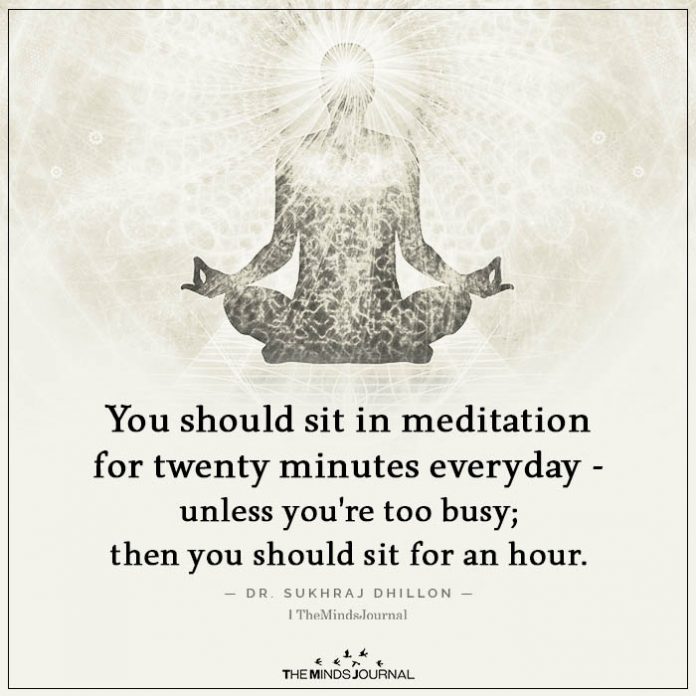
In another study called neurotheology, Dr. Andy Newberg researched how the brain reacts to certain situations, say, spiritual meditation. He demonstrated that there are very substantial differences when we look at the brains of people who religiously or spiritually meditate in their practices especially when they try to meditate on God. He took the experiment on a religious person and asked him to meditate on the divine for about 10 to 12 minutes.
Then he scanned the brain through a 3D scanner to see the changes after meditating on God and observed the increase in the activation of the frontal lobe. He further elaborated that Buddhist monks and Nun were also able to possess the same results whereas an Atheist (a person who doesn’t believe in the existence of God) even after meditating or contemplating God was not able to activate his frontal lobes very much.
Religious perspective of meditation.
Almost every religion prospects meditation and aspires to practice it to reach God. However, ideologies might vary from religion to religion. In some religions, it is considered as an additional prayer over traditional practices.
Whereas, in some, it is known to be the finest path to consciously experience Divinity. Meditation seems to be the backbone of many religions which makes it a universal practice.
Read Sufi Whirling Meditation: What Is This Mystical Practice & How You Can Do It
Meditation in Hinduism.
As in other religions, meditation has a special space in the religious practices of Hindu believers. It is considered an important spiritual and religious practice that starts from self-cognition and moves towards Devine enlightenment.
There are many forms of meditational practices in Hinduism. One of the most common is Yoga which mainly consists of these stages: ‘Dharana, Dhyana, and Samadhi’; the sacred names of meditation.
‘Dharana’ literally means ‘static concentration of mind’ it is practiced as concentrating over a single entity or object from the universe.
The next stage is ‘Dhayana’ which means “worship or abstract meditation’ which includes concentrating on a point of focus with conscious acknowledgment of the truth about it.
The final stage is ‘Samadhi’ which means ‘to bring together or to unite’. According to Hinduism, at this stage, the meditators’ identity amalgamates into the divine entity and becomes one.
Meditation in Christianity.
Like other religions, meditation does not contain a central position in Christianity. However, there are many traditions regarded as a practitioner of meditation. Also, they refer to it as spiritual worship rather than formal prayer which every Christian performs.
Meditation in Islam.
Meditation in Islam is known as ‘Muraqba’. It is said that The Prophet Muhammad (PBUH) before receiving his revelation used to go to the cave of Hira to meditate, contemplate and pray. It is believed that during this practice he received the first revelation. Hence, meditation, opening the door of revelation.
Moreover, In the Qur’an, the Book consists of Divine words; we are offered to ponder over the Qur’an itself with words such as, ‘Tadabur’, ‘Tafaqur’, ‘Ziker’ and to reflect upon the signs of God which are everywhere.
In some Qur’anic verses God explicitly says: “During the night, you shall meditate for extra credit, that your Lord may raise you to an honorable rank. And say, “My Lord, admit me an honorable admittance, and let me depart an honorable departure, and grant me from You a powerful support.” [17:79-80]
In another verse, God tells us when and what to meditate: “praise and glorify your Lord before sunrise, and before sunset. During the night you shall meditate on His name, and after prostrating.” [50:39-40]. Thus, meditation as well as other conventional prayers might be a way to receive higher spiritual ranks, strengthen the connection with God, and attain internal peace.
A Sufi Poet Shah Hussain States his feelings of supplication and remembrance as,
بڈھا ہویو شاہ حسینا، دندی جھیراں پایاں
اٹھ سویرے ڈونڈن لگوں، سانجھ دیاں جو گایاں
‘Shah Hussain is old
With wrinkles all over
At dawn, he looks for those
Who have left their hearth’
ہر دم نام سمبھال سایں دا، تا توں استھر تھیویں
‘With every movement
Vibrates the name of the Master
With every beat
There is the perfect union
There is perfect communion’
Read Why Vipassana Meditation saved me
Meditation in Judaism.
Meditation in Judaism is practiced as a spiritual activity. The motive of Jewish meditation is to alleviate the mind. Many different meditation techniques are being followed by Jews. In one of those practices, one has to accurately visualize a letter (an alphabet), this is significantly a powerful meditative technique in Jews.
Moreover, in another, they have to meditate using prayers, if one does not know which prayers to perform. S/he has to just repeat the phrase “Ribbono Shel Olam” (Master of the Universe). Hence, as per their faith, continuous chanting may lead them to gain higher spiritual power.
Regardless of what meditation practice you follow, the key is do you believe it? Is it important to you? Do you buy into it? Whether you are Muslim, Hindu, Christen, Buddhist, or any spiritual person, experiencing the Divine actually changes the way we see the world and our overall well-being.
If you want to know more about meditation being a mystical practice, then check this video out below:





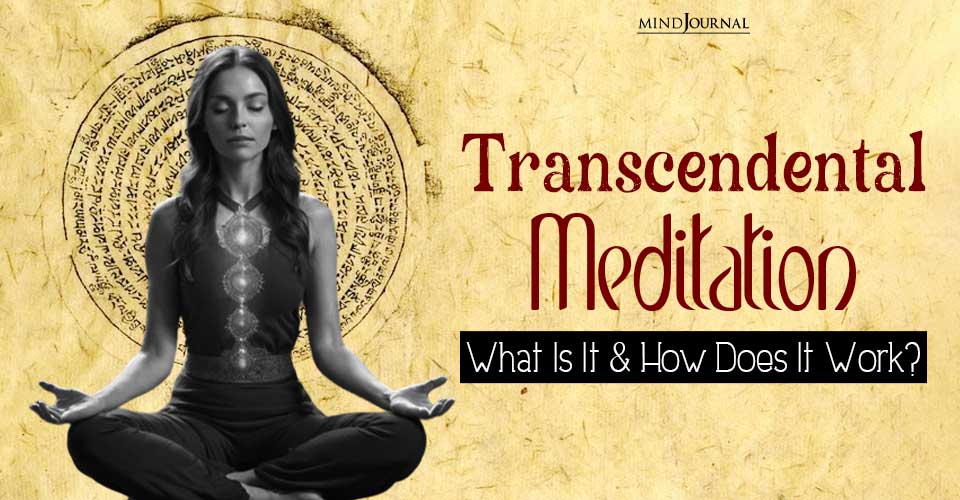
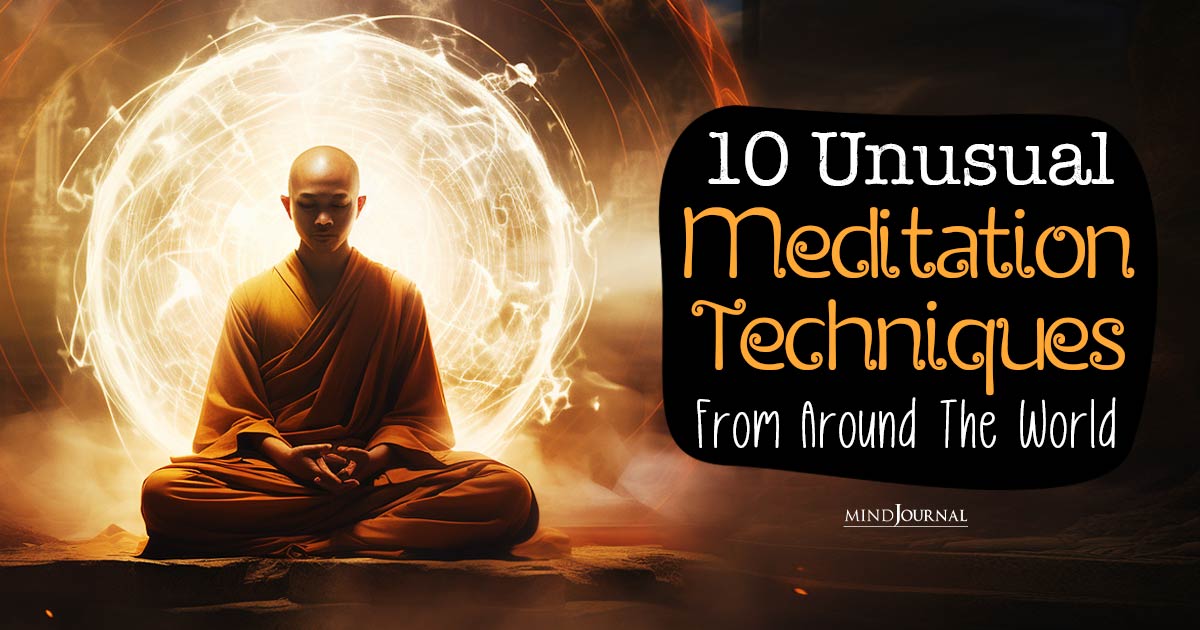
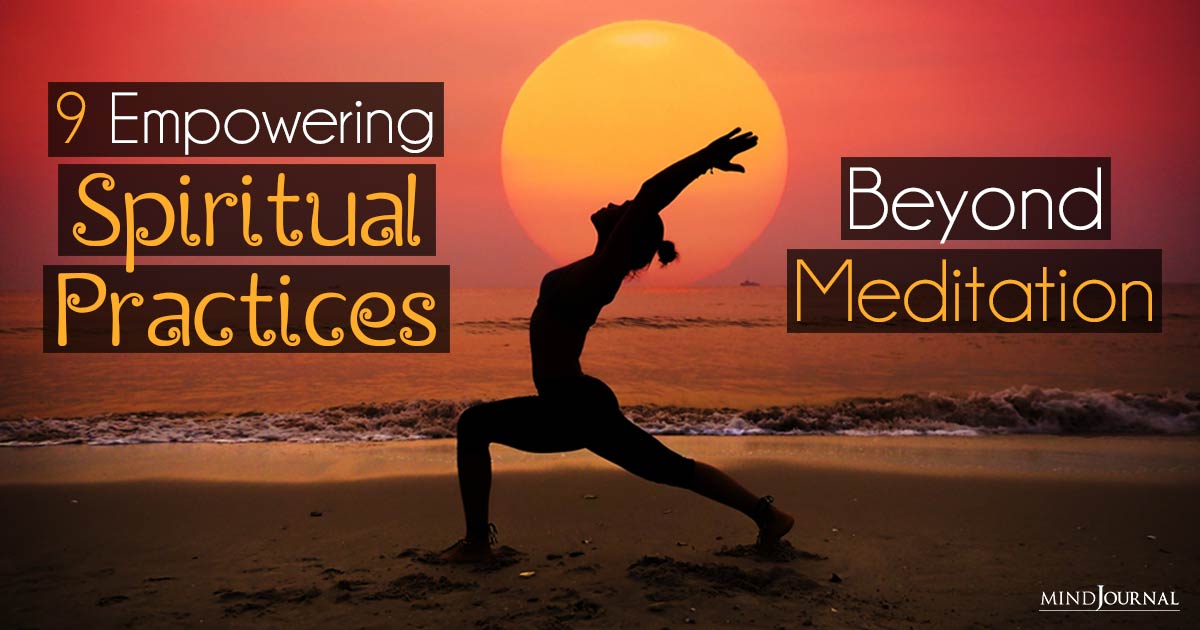
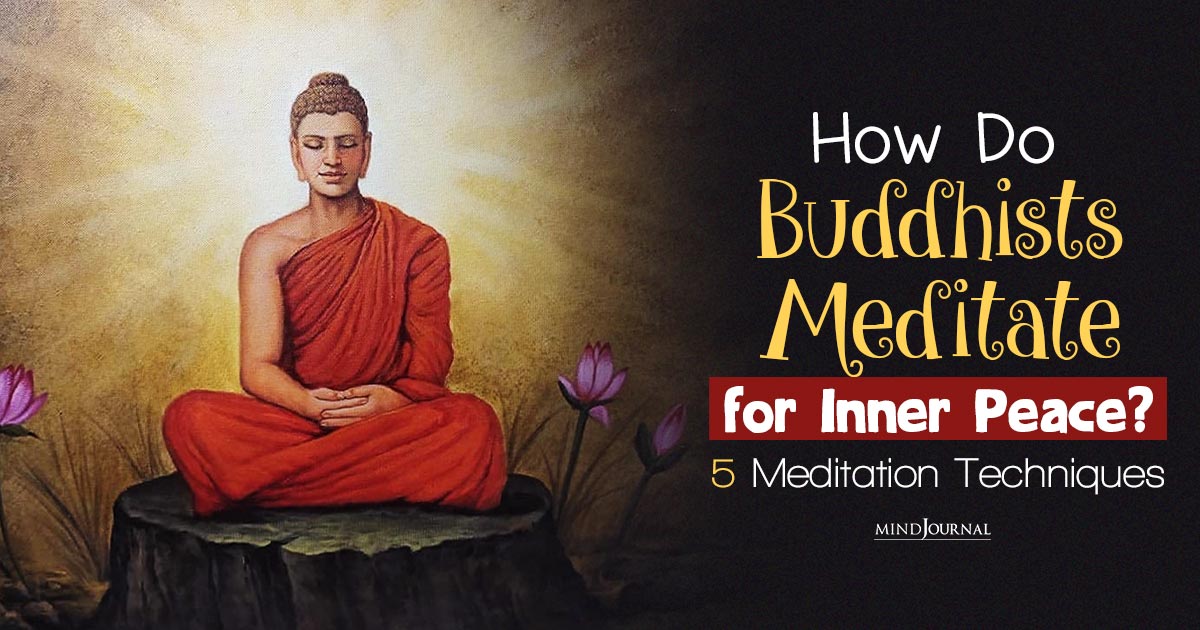
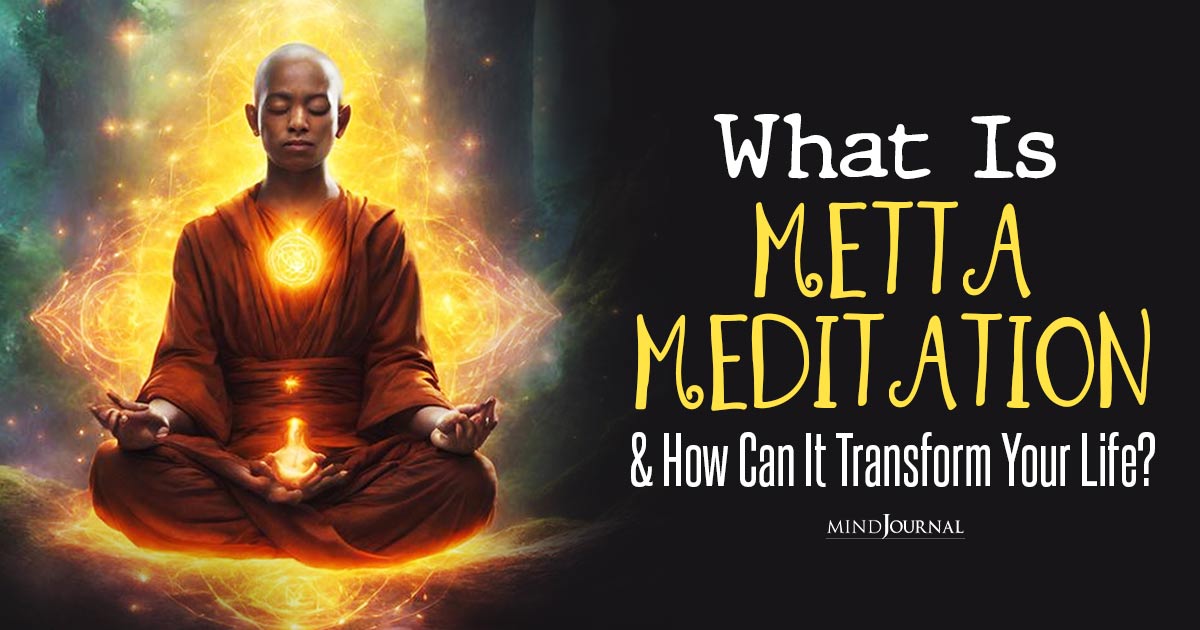

Leave a Reply